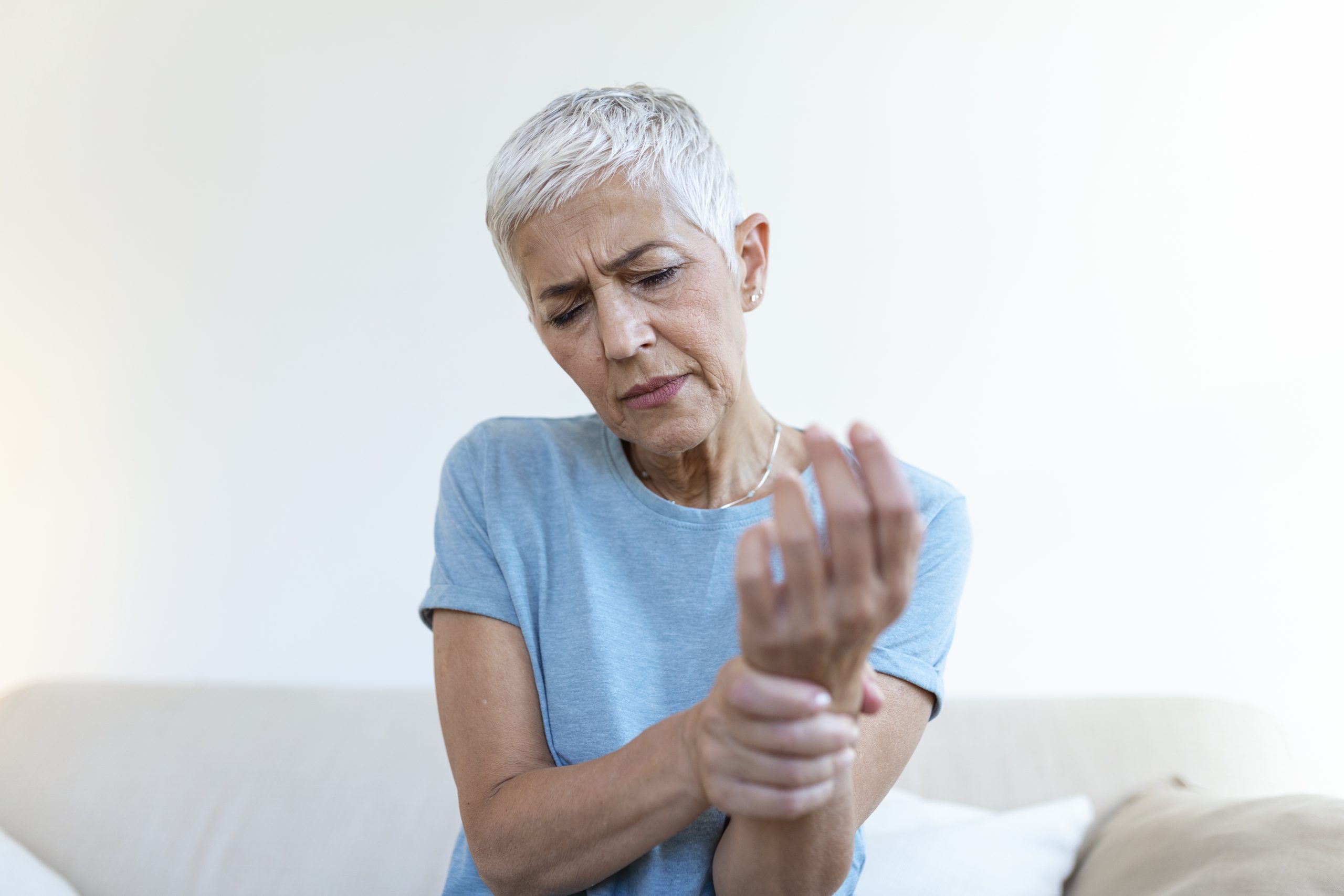

A UC Davis Health study that looked at acute bone loss in mice with COVID-19 found that SARSCoV2 infection can induce severe alterations in bone structure. The study is the first to demonstrate that persons with COVID19 may have longterm orthopaedic difficulties such as decreased bone mass, increased fracture risk, and other musculoskeletal complications.
“Our study provides direct evidence that SARS‐CoV‐2 infection leads to acute bone loss, an increased number of osteoclast bone cells, and thinner growth plates,” said senior author of the study, Dominik Haudenschild, professor emeritus in the Department of Orthopaedic Surgery at UC Davis Health.
Mice with COVID-19 demonstrated considerable bone loss in the study. This loss reduced bone mechanical strength and increased fracture risk. If equivalent bone loss occurs in human patients after COVID19 recovery, it may result in a longterm — even permanent — higher risk of fractures due to brittle bones. This is especially true for the elderly.
Fragility fractures are breaks caused by minimal trauma, such as falling from standing height or less. According to the study, one of the underreported long-term symptoms of COVID-19 is a greater risk of fragility fractures.
“This study has profound clinical implications,” said R. Lor Randall, professor and chair of the Department of Orthopaedic Surgery. “Musculoskeletal ramifications of COVID may not be the first medical issue that comes to mind when one thinks about the pandemic. Nevertheless, many people suffer from fragile bones and COVID can put them at an even greater risk for fracture.”
Method
The study examined the bone structure of SAR-CoV-2 infected (12 male and 12 female) and non-infected (four male and four female) mice. It also measured the viral burden of the coronavirus in the infected mice using throat swabs from days 1, 2 and 3 post infection and in their brain and lungs.
The researchers also assessed whether a protein linked to SARS‐CoV‐2 infection was detected in the joint tissues. Its presence would indicate that the SARS‐CoV‐2 reached these tissues and infected the various cell types. They found that bone and joint tissues are susceptible to viral infection. The protein was identified in cells in the joint’s connective tissue (synovium), bone marrow, and the distal femoral growth plate. It was also found in the lung.
SARSCoV2 infection was also linked to significant changes in the trabecular bone microstructure in infected male and female mice, according to the study.
“The data from the study are the first confirmation of the harmful effect of SARS‐CoV‐2 infection on the bones, from resorption (tissue breakdown) to growth plate thinning,” Haudenschild said. “This means that bone loss and growth disturbances may be serious complications of COVID‐19.”
How does COVID-19 cause bone pain?
COVID-19 may alter the bones in a variety of ways, according to the researchers. The SARS-CoV-2 virus, for example, causes the immune system to create pro-inflammatory proteins known as cytokines. These cytokines can cause hyperinflammation, which can contribute to bone and joint problems.
Longterm bed rest and diminished physical abilities may result in bone loss owing to inactivity. Furthermore, COVID patients using corticosteroids may undergo considerable bone loss during treatment.
more recommended stories
 Chronic Pain Linked to CGIC Brain Circuit, Study Finds
Chronic Pain Linked to CGIC Brain Circuit, Study FindsKey Takeaways University of Colorado Boulder.
 New Insights Into Immune-Driven Heart Failure Progression
New Insights Into Immune-Driven Heart Failure ProgressionKey Highlights (Quick Summary) Progressive Heart.
 Microplastic Exposure and Parkinson’s Disease Risk
Microplastic Exposure and Parkinson’s Disease RiskKey Takeaways Microplastics and nanoplastics (MPs/NPs).
 Sickle Cell Gene Therapy Access Expands Globally
Sickle Cell Gene Therapy Access Expands GloballyKey Summary Caring Cross and Boston.
 Reducing Alcohol Consumption Could Lower Cancer Deaths
Reducing Alcohol Consumption Could Lower Cancer DeathsKey Takeaways (At a Glance) Long-term.
 NeuroBridge AI Tool for Autism Communication Training
NeuroBridge AI Tool for Autism Communication TrainingKey Takeaways Tufts researchers developed NeuroBridge,.
 Population Genomic Screening for Early Disease Risk
Population Genomic Screening for Early Disease RiskKey Takeaways at a Glance Population.
 Type 2 Diabetes Risk Identified by Blood Metabolites
Type 2 Diabetes Risk Identified by Blood MetabolitesKey Takeaways (Quick Summary) Researchers identified.
 Microglia Neuroinflammation in Binge Drinking
Microglia Neuroinflammation in Binge DrinkingKey Takeaways (Quick Summary for HCPs).
 Precision Oncology with Personalized Cancer Drug Therapy
Precision Oncology with Personalized Cancer Drug TherapyKey Takeaways UC San Diego’s I-PREDICT.

Leave a Comment